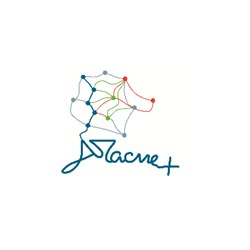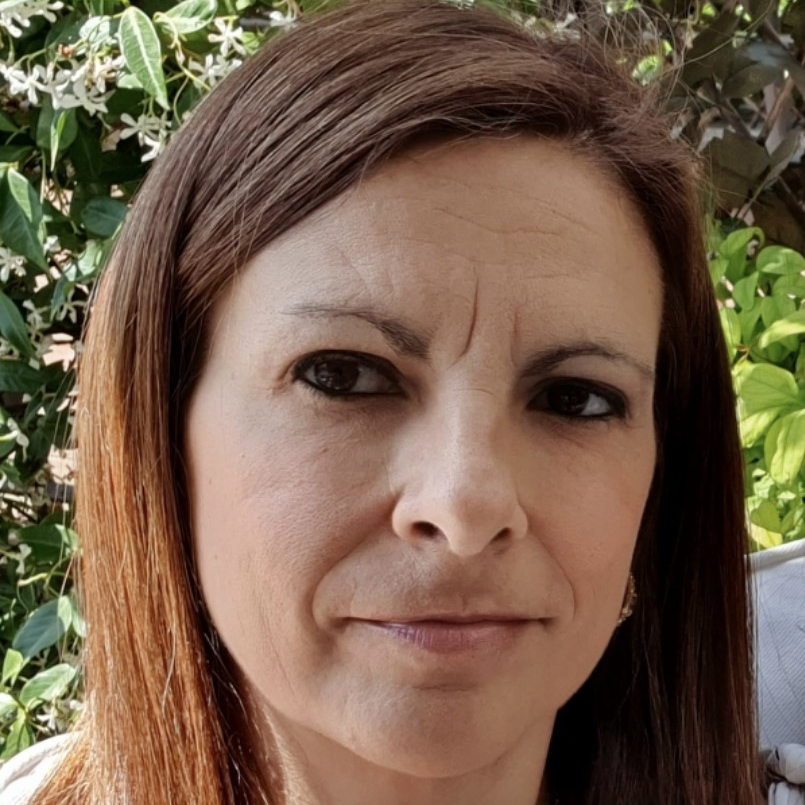ARACNE +
- Acronym: ARACNE+
- Project Title: ARACNE+
- Project Reference: 2017-1-ES01-KA204-038207
- Funding Programme: ERASMUS +
- Key Action: Cooperation for innovation and the exchange of good practices
- Action Type: Strategic Partnerships for adult education
- Coordination: FAM Y LIAS (ES)
- Project’s Total Funding: 164.729 €
- Start Date: 01/09/2017
- End Date: 29/02/2020

Summary
The ARACNE+ project aims to validate, develop and consolidate a training model of socio-labour insertion which was generated by a previous project KA2 – Strategic Partnerships for Adult Training, called ARACNE, TRAINING, EMPOWERMENT and ENTREPRENEURSHIP.
The first ARACNE project was developed (2014 to 2016), has allowed to design an innovative and transformative model transformer based on the learning of skills that combines professional training, personal and group empowerment and the promotion of social entrepreneurship in real production environments. It is structured as a social-inclusion itinerary which includes three levels, basic, intermediate and advanced. However, the time, budgetary and functional limitations of this project has only allowed a partial test of the developed model, in a single setting, in one country and with a single target group.
In terms of social innovation, the purpose is to go from the prototyping phase to the sustainability phase, prior to the application of the model on a large scale. To do this, we have to meet the following specific challenges:
- Improve the learning skills proposal ensuring the correlation with formal systems of professional qualification on the Member Countries and at European level.
- Expand and improve the proposed training activities so that they are real competencies pills, attractive and adapted to the interests of the adult population.
- Undergo testing and evaluation prototypes of training activities in different contexts, countries and levels of learning.
- Develop tools that facilitate the design and implementation of integrated insertion itineraries according to the reality of the students and the context in which it takes place.
- Train a team of professionals in the application of the method that are the prescribers and multipliers in their respective countries of the ARACNE Model.
- Involve the Public Administrations and private bodies with competencies in training, in the recognition of the efficiency and therefore pursuant to the large scale of the ARACNE Model.
Taking into account all of this ARACNE+ objectives are:
1. Developing the applicability of the training ARACNE Model in different contexts, in order to determine:
- The impact on the target audience.
- The resources needed for its implementation.
- Profiles of teams of professionals involved.
- The necessary organizational structure.
- The time needed to achieve significant results.
2. Design and produce the resources for the training of trainers specialized in the application of the model, including a training of trainer’s course.
3. Develop a proposal for the recognition of competencies developed through the application of the training ARACNNE Model. In order to do it, we will develop a set of indicators following the European Guidelines for the Validation of Non-Formal and Informal Learning which will permit the assessment of these competencies.
4. Implement an online learning platform.
Taking into account these objectives we have selected the following PRIORITIES:
HORIZONTAL:
- Transparency and recognition of skills and qualifications.
SPECIFIC: - Improving and extending the supply of high quality learning opportunities tailored to the needs of individual low-skilled or low-qualified adults.
- Extending and developing educators’ competences.
- Transparency and recognition of skills and qualifications.
The target groups for the ARCNE Training Model are as follows:
- Professionals and volunteers in the field of training and socio-labour insertion.
- Entities in the field of training and labour insertion.
- Enterprises and social
- Public administrations responsible for employment and inclusion policies.
- Adults with low-skilled or low-qualified adults in special women in precarious situations.
- Professionals from universities.
The transnational dimension of ARACNE + is justified by the need to validate the model with different users and professional groups belonging to different organizational, social, cultural and regulatory contexts. To ensure that the model is transferable and applicable in different contexts, it is necessary to work in coordination with entities in several countries. This is true as much as for validation processes as for the development of complementary resources such as training of trainers or recognition of qualifications, since in both cases application contexts are key elements.
Partners
- AGENCIA PARA EL EMPLEO (ES)
- AINTEK SYMVOULOI EPICHEIRISEON EFARMOGES YPSILIS TECHNOLOGIAS EKPAIDEFSI ANONYMI ETAIREIA (GR)
- CENTRO STUDI CULTURA SVILUPPO ASSOCIAZIONE (IT)
- UNIVERSIDADE PORTUCALENSE – INFANTE D. HENRIQUE (PT)
Links


